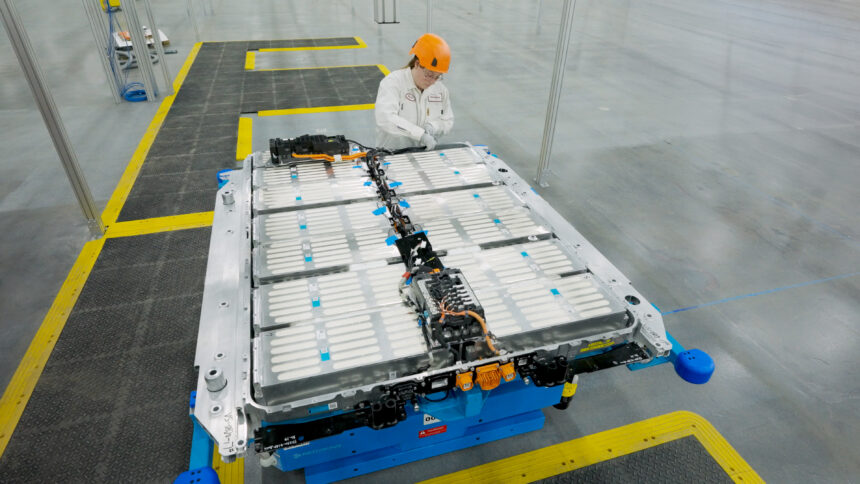A shadow of uncertainty has fallen over Honda’s ambitious electric vehicle manufacturing plans in Ontario, as the Japanese automaker announced a significant delay to its $15 billion investment timeline. The development comes amid cooling global demand for electric vehicles and raises questions about Canada’s emerging position in the North American EV supply chain.
Honda Motor Co. confirmed Tuesday it would postpone elements of its previously announced expansion in Alliston, Ontario, citing “changing market conditions” and slower-than-expected consumer adoption of electric vehicles across North America. The company had initially planned to begin production of fully electric vehicles at the upgraded facility by 2028, creating approximately 1,000 new manufacturing jobs.
“We remain committed to our Canadian operations and the transition to electrification,” said Honda Canada spokesperson Melanie Richmond in a statement. “However, current market realities require us to adjust our timeline to ensure long-term sustainability.”
The announcement represents a significant setback for Canada’s EV manufacturing strategy, which federal and provincial governments have championed as a cornerstone of the country’s industrial future. The Trudeau government had committed approximately $2.5 billion in production incentives and tax breaks to secure the Honda investment, positioning it as a transformative economic victory for Ontario’s manufacturing sector.
Ontario Premier Doug Ford attempted to downplay concerns during a press conference in Toronto, insisting the project remains “fully intact” despite the revised timeline. “Honda has assured us they’re still coming. This is just a temporary adjustment,” Ford stated. “The fundamentals of our provincial economy remain strong.”
However, industry analysts point to broader concerns about the pace of EV adoption across North America. Recent data from IHS Markit shows EV sales growth slowing to 14% year-over-year in the first quarter of 2025, compared to 45% growth during the same period in 2024.
“Automakers are recalibrating their EV transition plans across the board,” said Flavia Tata Nardini, senior automotive analyst at BloombergNEF. “The Honda delay reflects industry-wide concern that consumer demand hasn’t materialized as quickly as projected, particularly in price-sensitive segments where Honda competes.”
The development has prompted immediate political reactions in Ottawa, where opposition critics have questioned the government’s massive financial commitments to the EV sector. Conservative industry critic Rick Perkins called the delay “predictable” and urged a reassessment of “taxpayer-funded corporate incentives without adequate market safeguards.”
For Alliston, a community of 20,000 residents north of Toronto, the announcement creates economic uncertainty. The town had already begun infrastructure planning to accommodate Honda’s expansion, including residential developments and transportation upgrades.
“We’ve invested significantly in preparation for Honda’s growth,” said Alliston Mayor Lynn Dollin. “While we understand business realities change, this delay impacts our community planning and anticipated economic growth.”
Honda emphasized that operations at its existing Alliston facilities, which currently employ approximately 4,200 workers producing the Civic and CR-V models, will continue unaffected. The company also indicated it remains committed to its broader North American manufacturing network as part of its global strategy to achieve carbon neutrality by 2050.
Industry experts suggest Honda’s decision reflects a broader recalibration happening across the automotive sector, as manufacturers balance ambitious electrification targets against consumer adoption rates and profitability concerns. Similar delays or scaled-back EV investments have recently been announced by Ford, General Motors, and Volkswagen.
As global markets adjust to the reality of a more gradual EV transition, the question remains: will Canada’s multi-billion-dollar bet on becoming an electric vehicle manufacturing powerhouse pay off, or will shifting market conditions force a rethinking of the nation’s industrial strategy?











